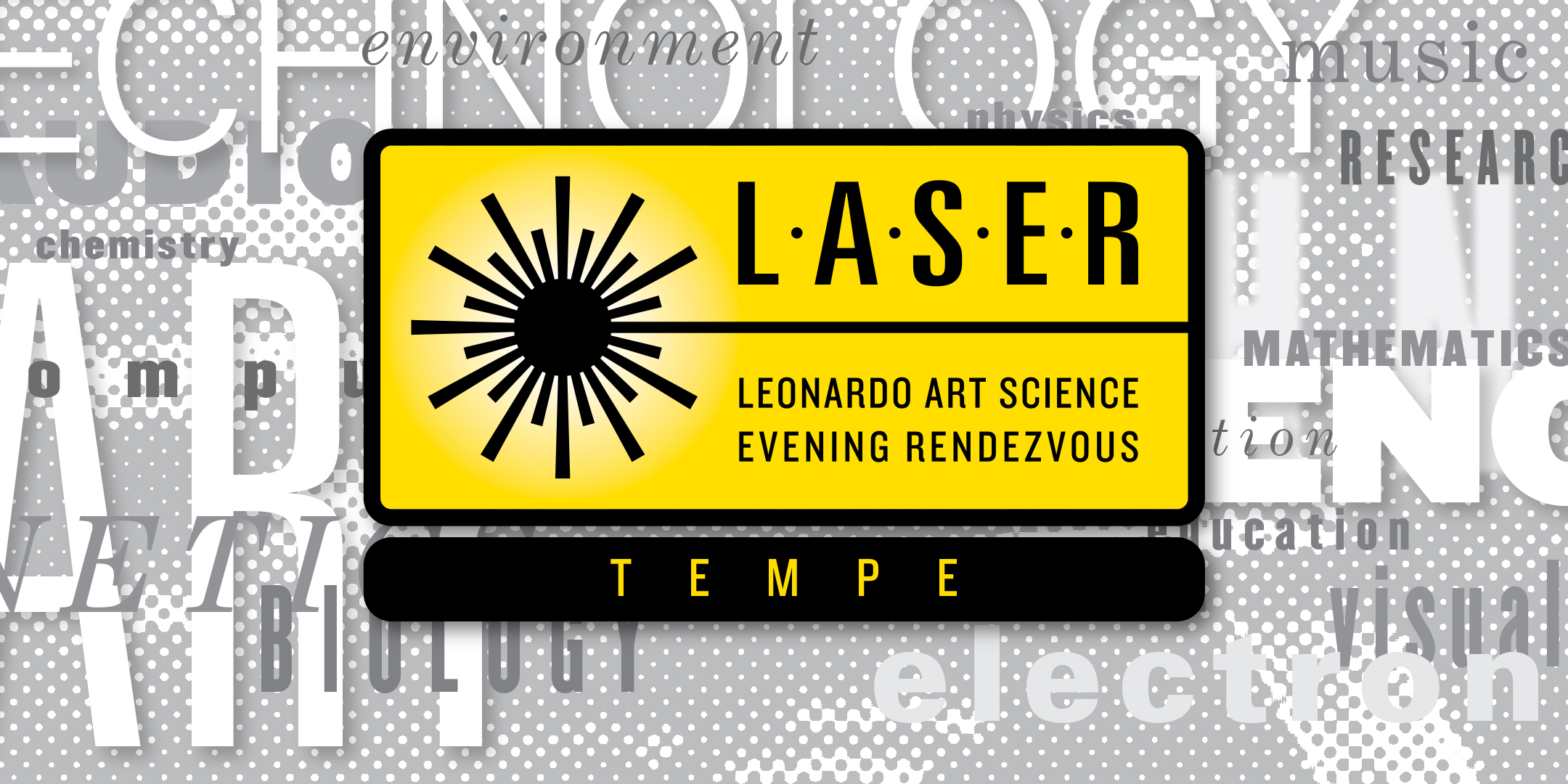
CHAIR: Pamela Winfrey
The first ever LASER (Leonardo Art Science Evening Rendezvous) to be held in Tempe, Arizona. Hosted by Arizona State University. October 29th, 5pm Pacific Time.
Why Do Zombies Refuse to Die?
What is it about zombies and their staying power in our culture? Are they trying to tell us something?
Robin Nelson is a biological anthropologist who utilizes evolutionary theory in studies of human sociality and health outcomes. Her research examines variability in received investment from kin and social contacts and phenotypic expression of biological trait indicators of health status amongst Caribbean adults and children. Her more recent work explores the relationship between health outcomes and residential context for Jamaican children. This project focuses on the growth and development of children living in state-sponsored residential childcare facilities. She examines what happens to the social and physical health of children when the home, as it is articulated in West Indian communities, is not available to them. She is currently developing a project exploring the lives of Caribbean immigrants and their children in Toronto, Canada. With a focus on critical periods of growth and development, she investigates culturally salient forms of social and financial capital and the health of peoples from the Caribbean. w: https://www.scu.edu/cas/anthropology/faculty/robin-nelson/
Jillian McDonald is a Canadian visual artist in New York, where she is Professor of Art at Pace University. Solo exhibitions include theEsker Foundation in Calgary, Clark Gallery in Montréal, Air Circulation in Brooklyn, and AxeNéo7 in Québec. Group shows were held at FiveMyles in Brooklyn, Root Division in San Francisco, and The New Media Gallery at Anvil Center in British Columbia. A CBC IDEAS documentary profiles her videos, which were also reviewed in The New York Times, Art Papers, and Canadian Art. Critical discussion appears in books like The Transatlantic Zombie by Sarah Juliet Lauro and Deconstructing Brad Pitt, edited by Christopher Schaberg. Awards include grants from The New York Foundation for the Arts, The New York State Council on the Arts, and The Canada Council for the Arts; and she attended international residencies at Glenfiddich in Scotland, The Headlands Center for the Arts in California, Lilith Performance Studio in Malmö, and The Arctic Circle in Svalbard. w: http://www.jillianmcdonald.net/web.html
Henry Kaplan is a Los Angeles based director, known for highly visual and effecting works. With a background in editing, Henry has directed shorts and music videos which have garnered numerous Vimeo Staff Picks. In 2015 was shortlisted for the D&AD Next Director Award. His acclaimed 2017 zombie short film "We Together” premiered on Short of the Week, screened at the Slamdance Film Festival, and had a theatrical run at Alamo Drafthouse theaters nationwide (paired with GET OUT). He was raised on the east coast and studied filmmaking at Wesleyan University in Connecticut. w:https://henrykaplan.com/we-together
Athena Aktipis is an Associate Professor in the Department of Psychology at Arizona State University, co-Director of The Human Generosity Project and Director of the Interdisciplinary Cooperation Initiative at ASU. She studies how systems effectively scale up cooperation and avoid being undermined by cheating. Her work encompasses many different systems and methods, from studying human sharing in The Human Generosity Project to cellular cooperation and cheating in multicellular bodies. Aktipis is the author of The Cheating Cell: How evolution helps us understand and treat cancer (Princeton University Press). She is also the chair of the Zombie Apocalypse Medicine Meeting and is the host of the podcast, Zombified. W: http://www.athenaaktipis.org/
Find your timezone HERE
SPONSORS:

The Leonardo/ISAST LASERs are a program of international gatherings that bring artists, scientists, humanists and technologists together for informal presentations, performances and conversations with the wider public. The mission of the LASERs is to encourage contribution to the cultural environment of a region by fostering interdisciplinary dialogue and opportunities for community building to over 40 cities around the world. To learn more about how our LASER Hosts and to visit a LASER near you please visit our website. @lasertalks
United States
